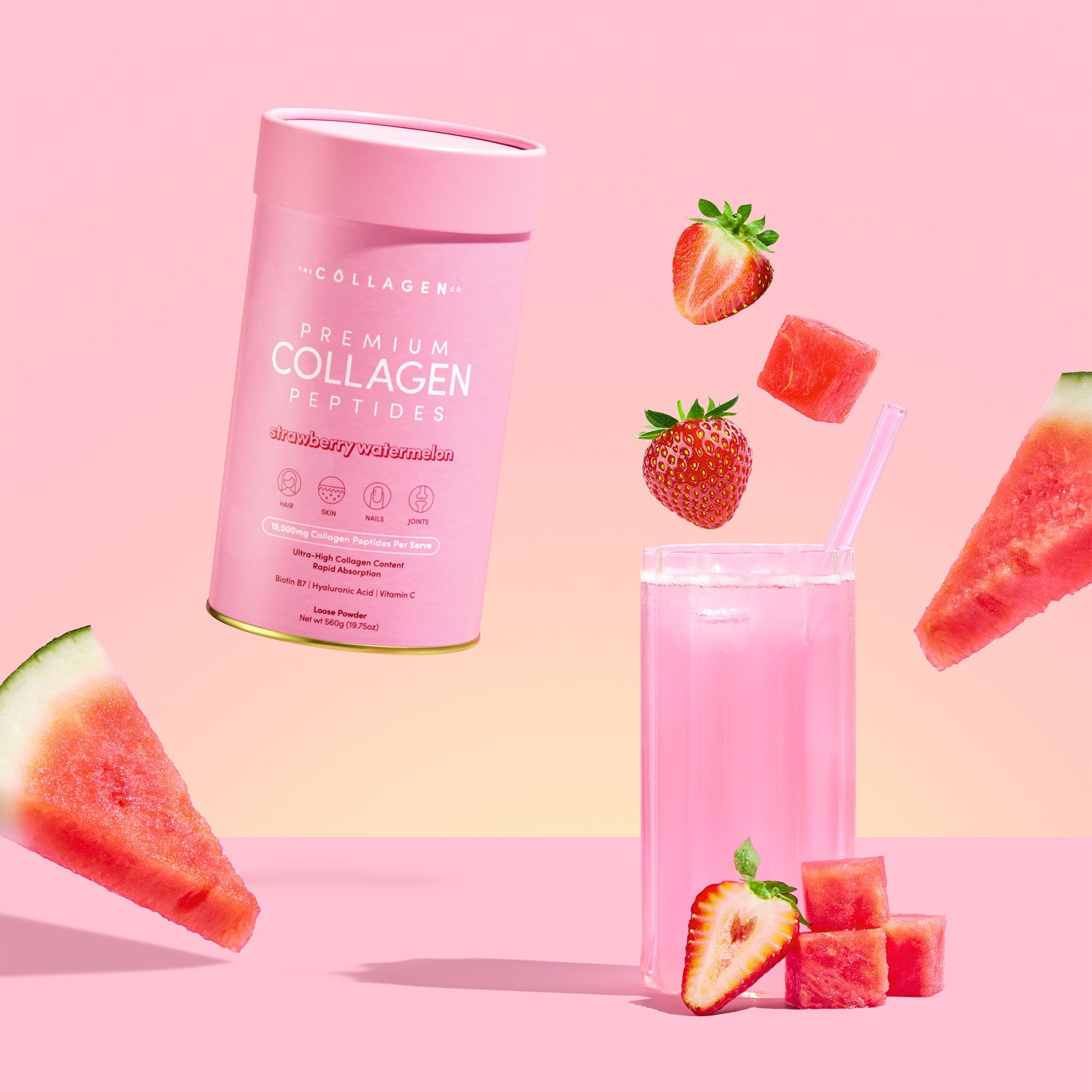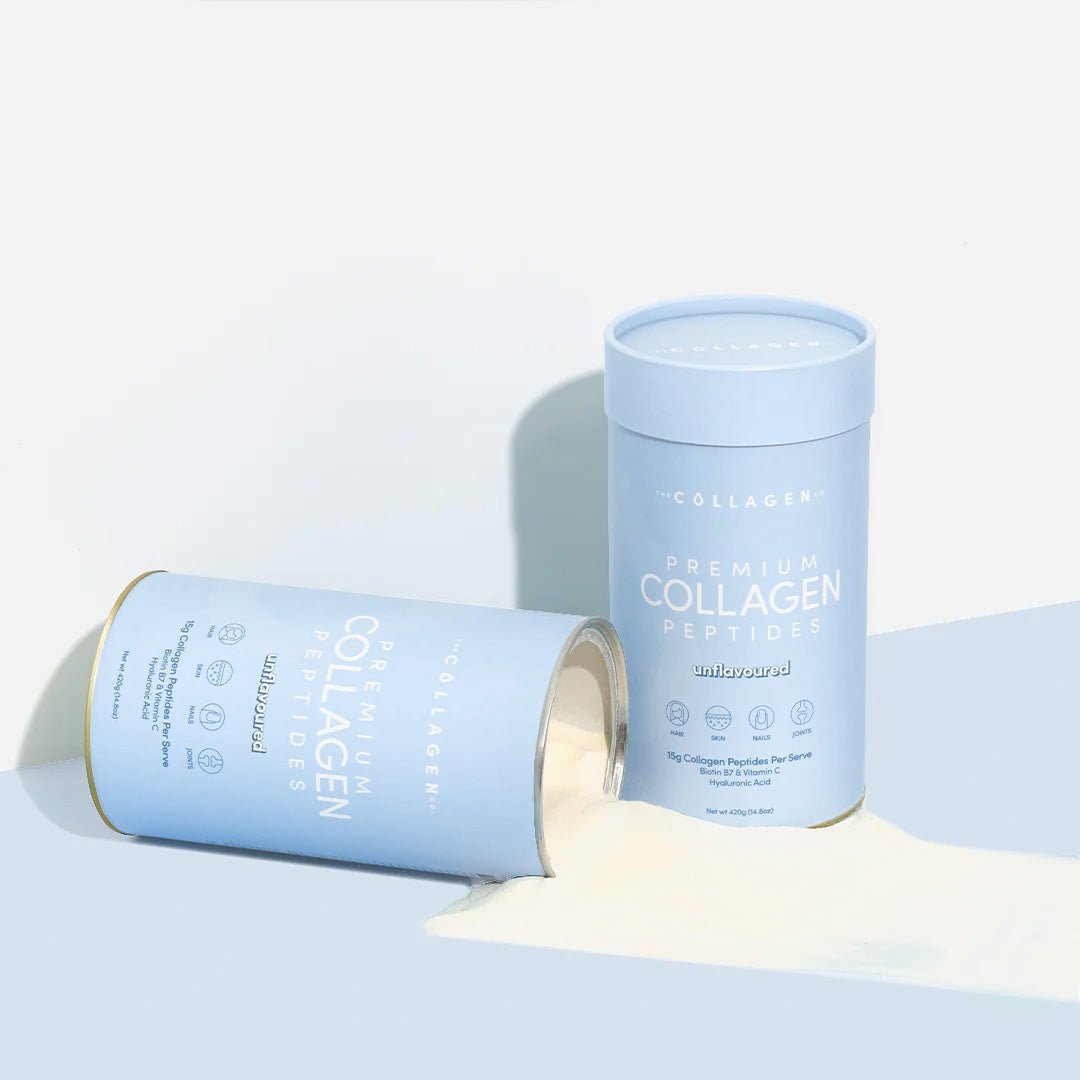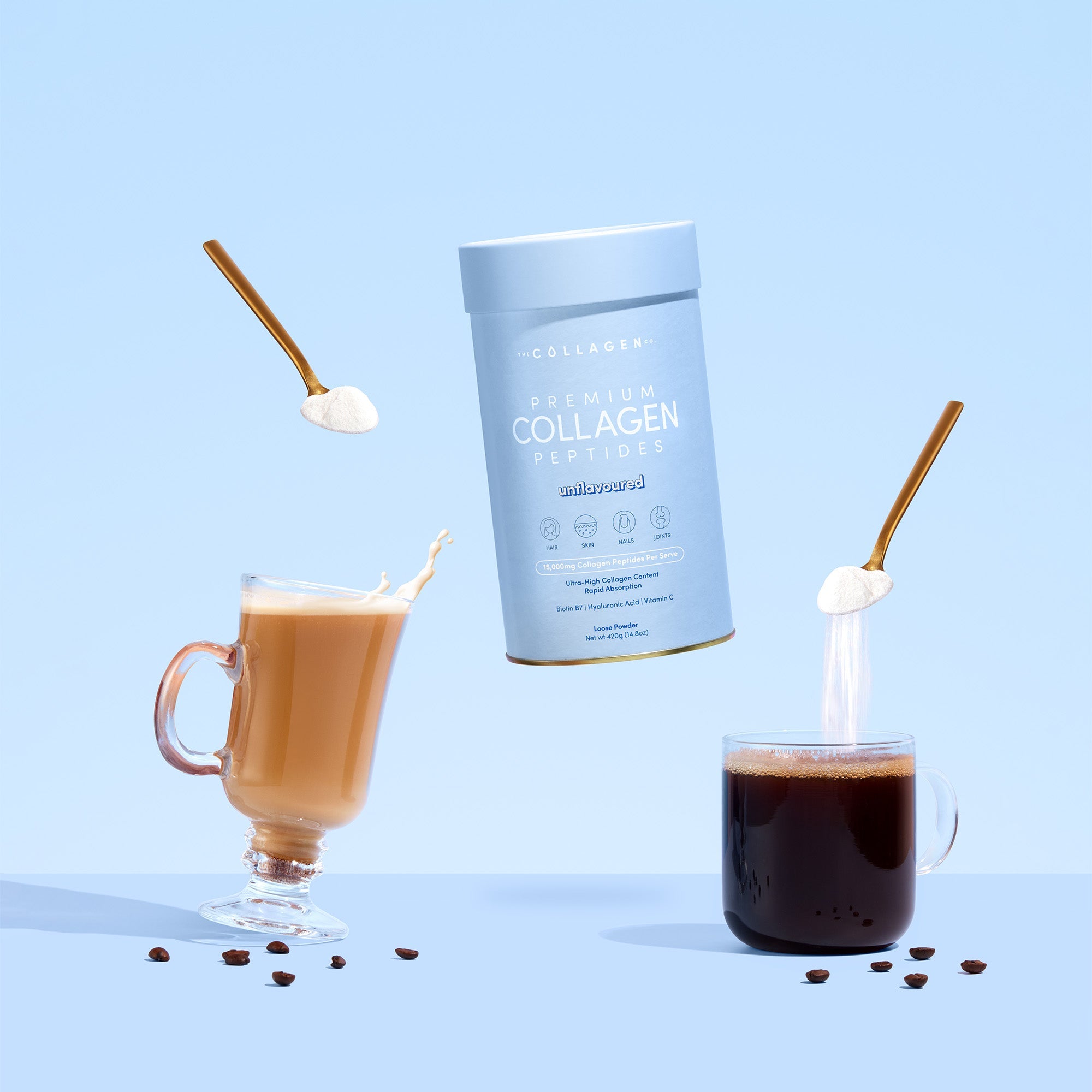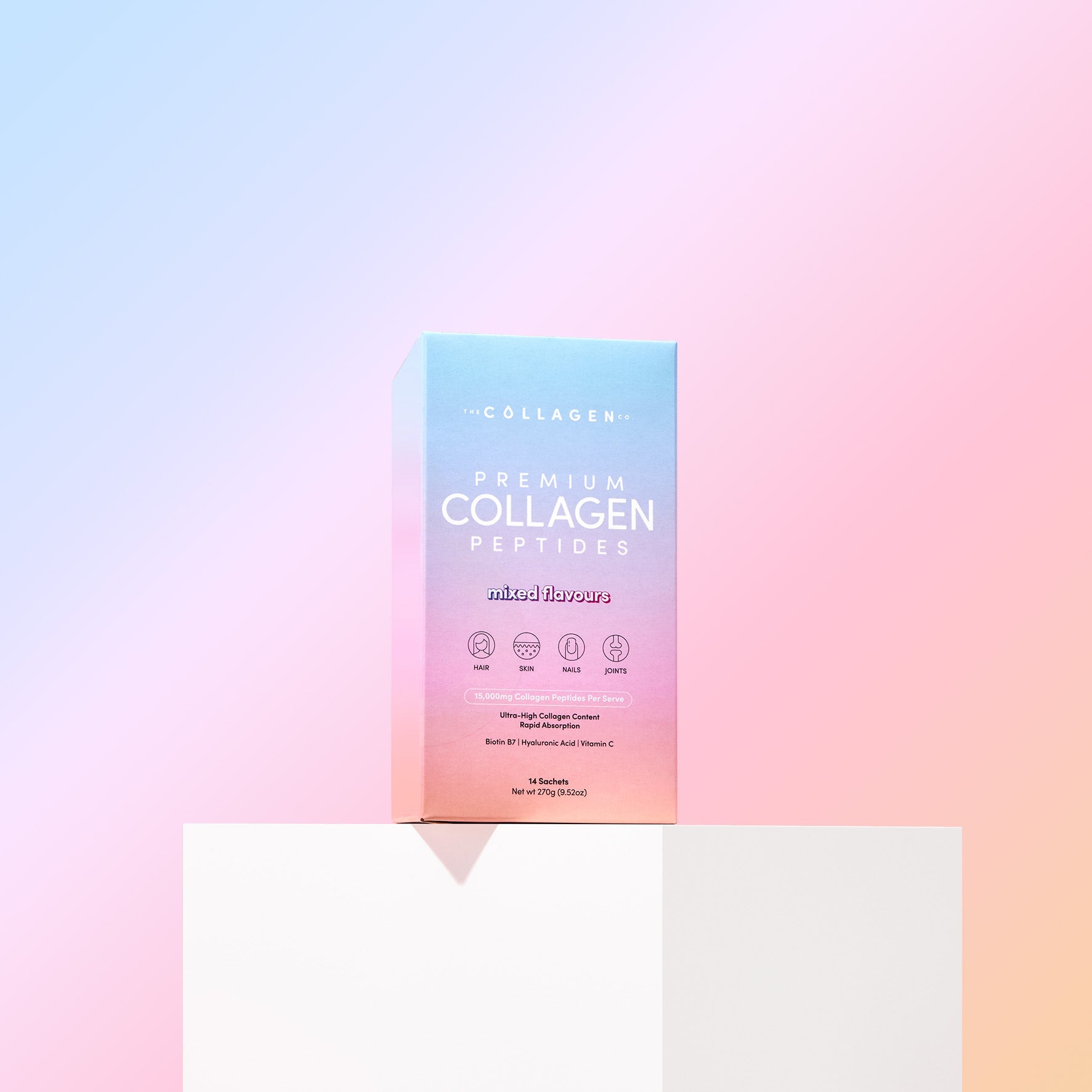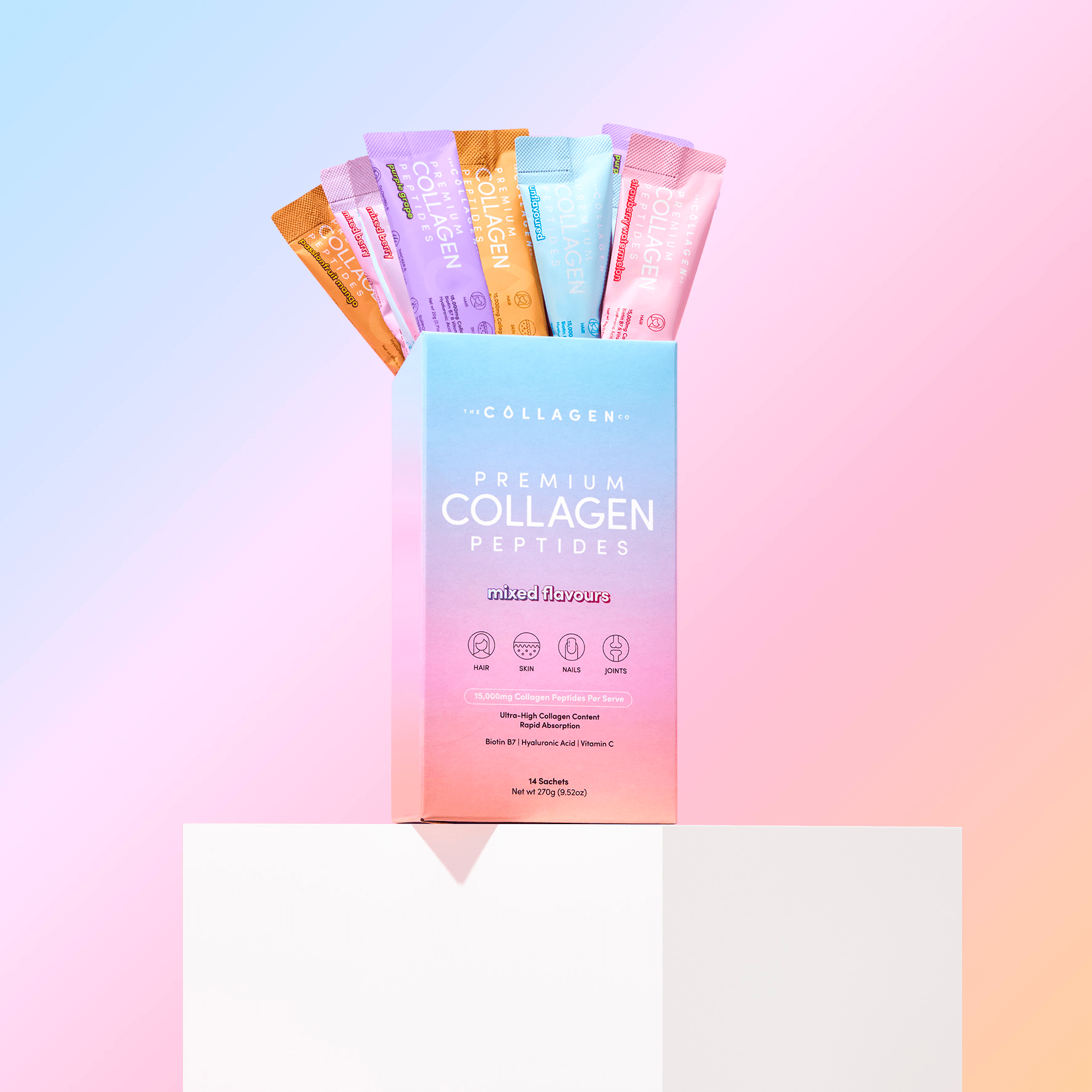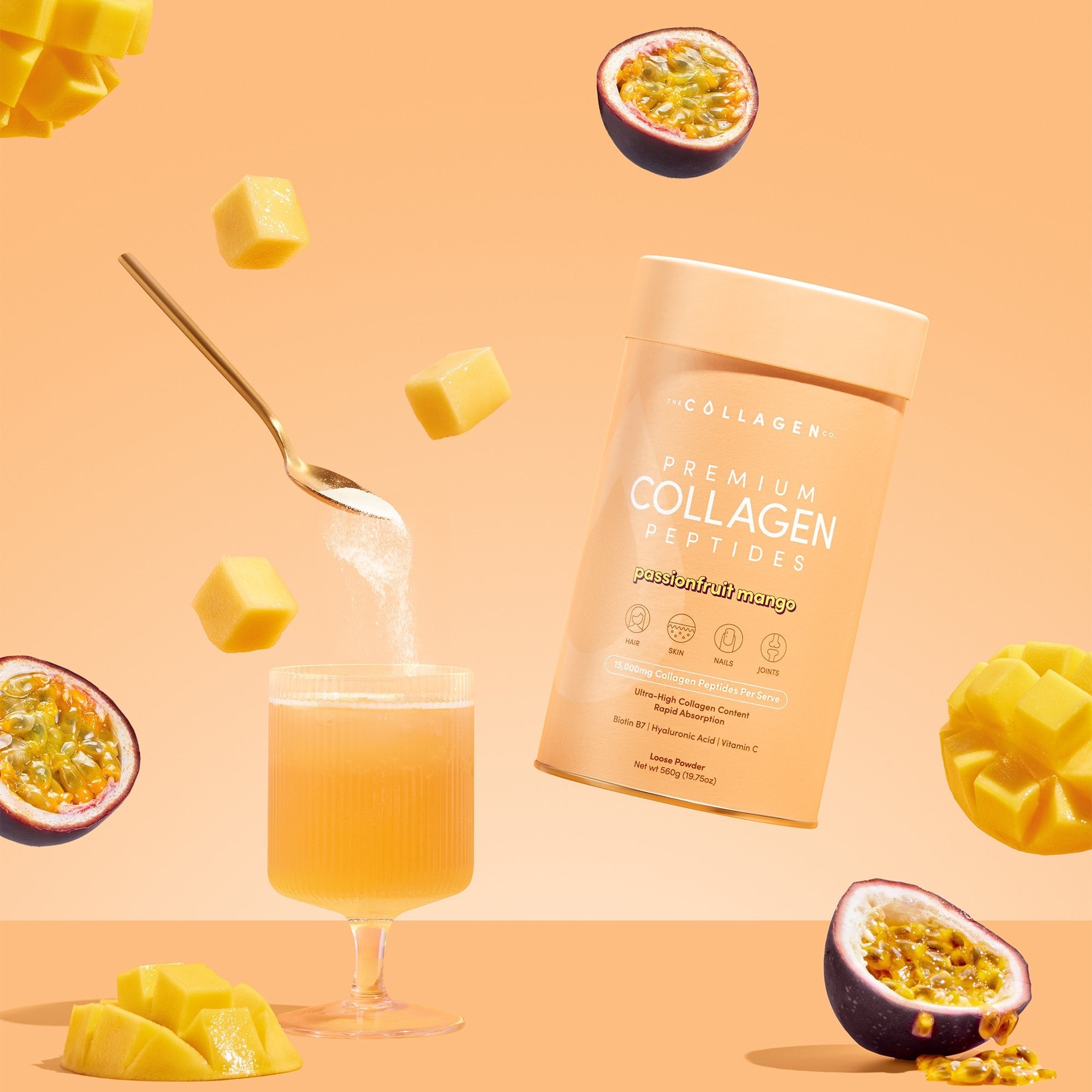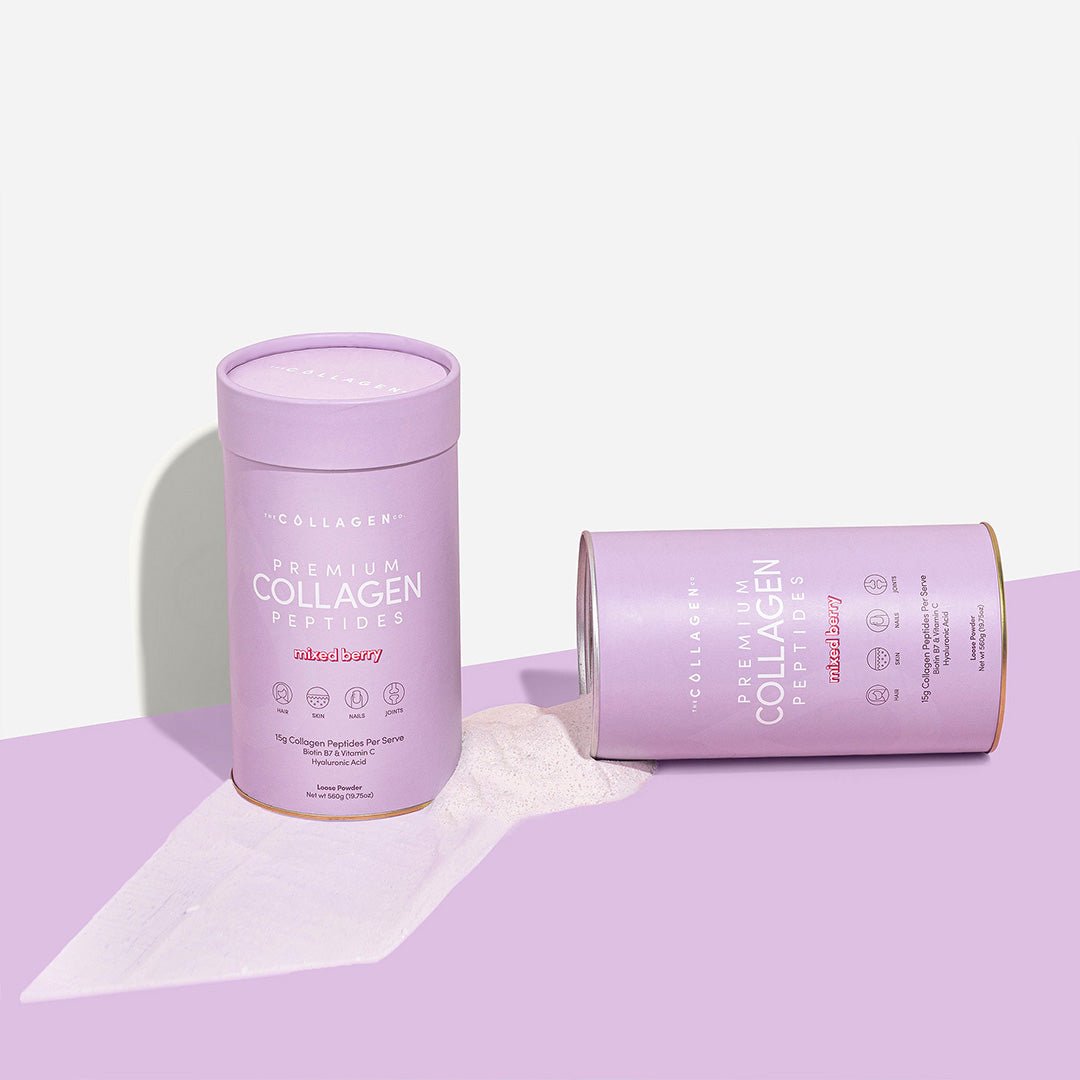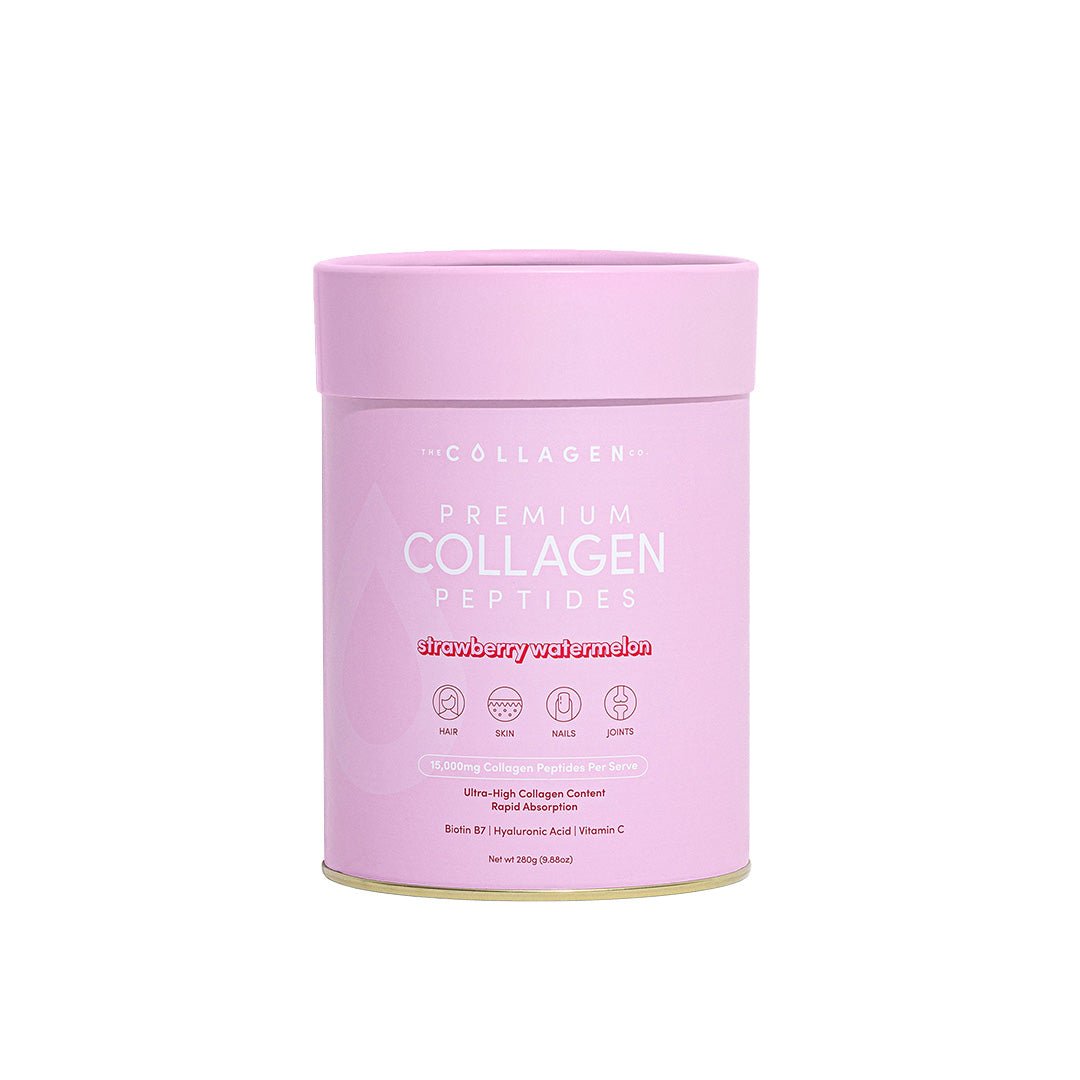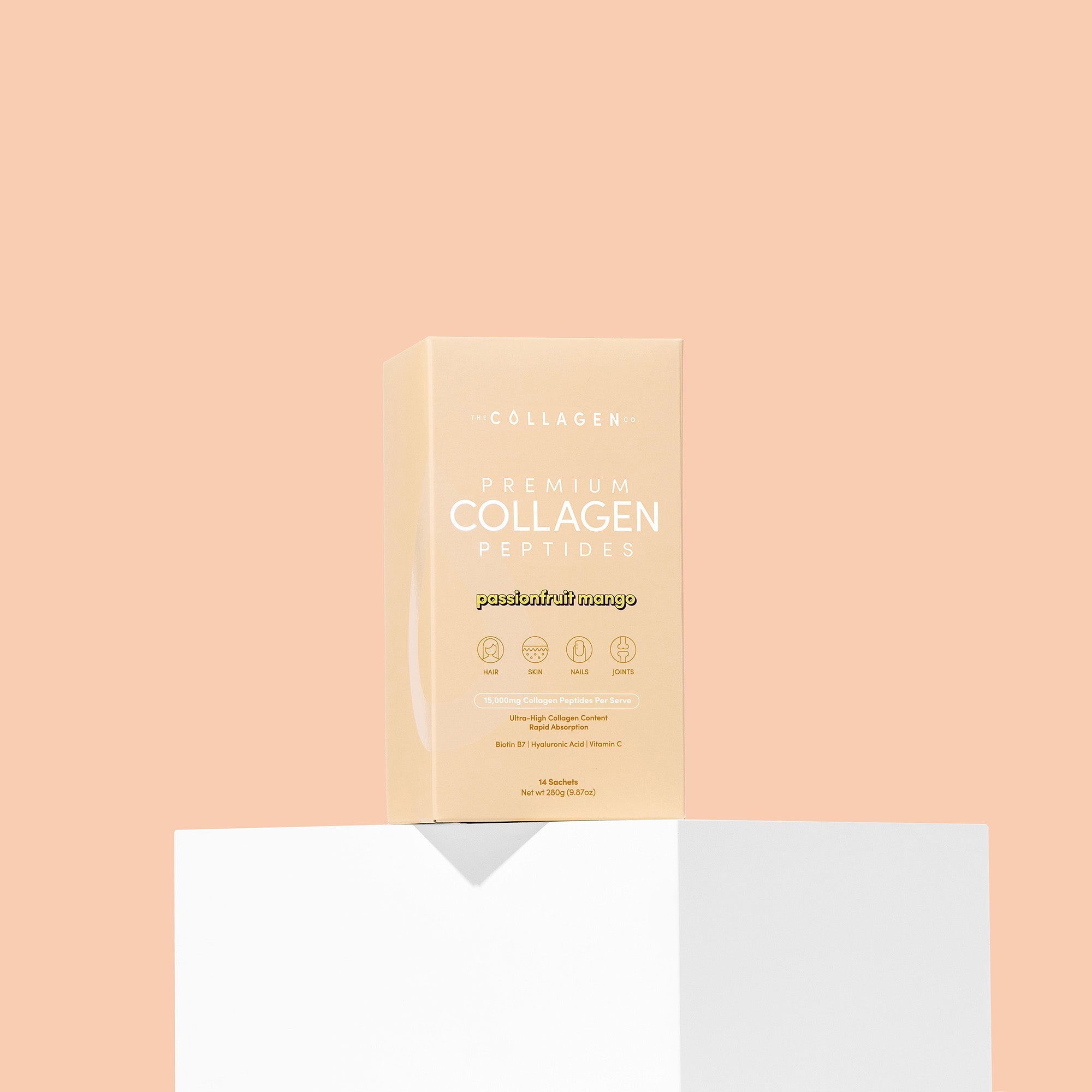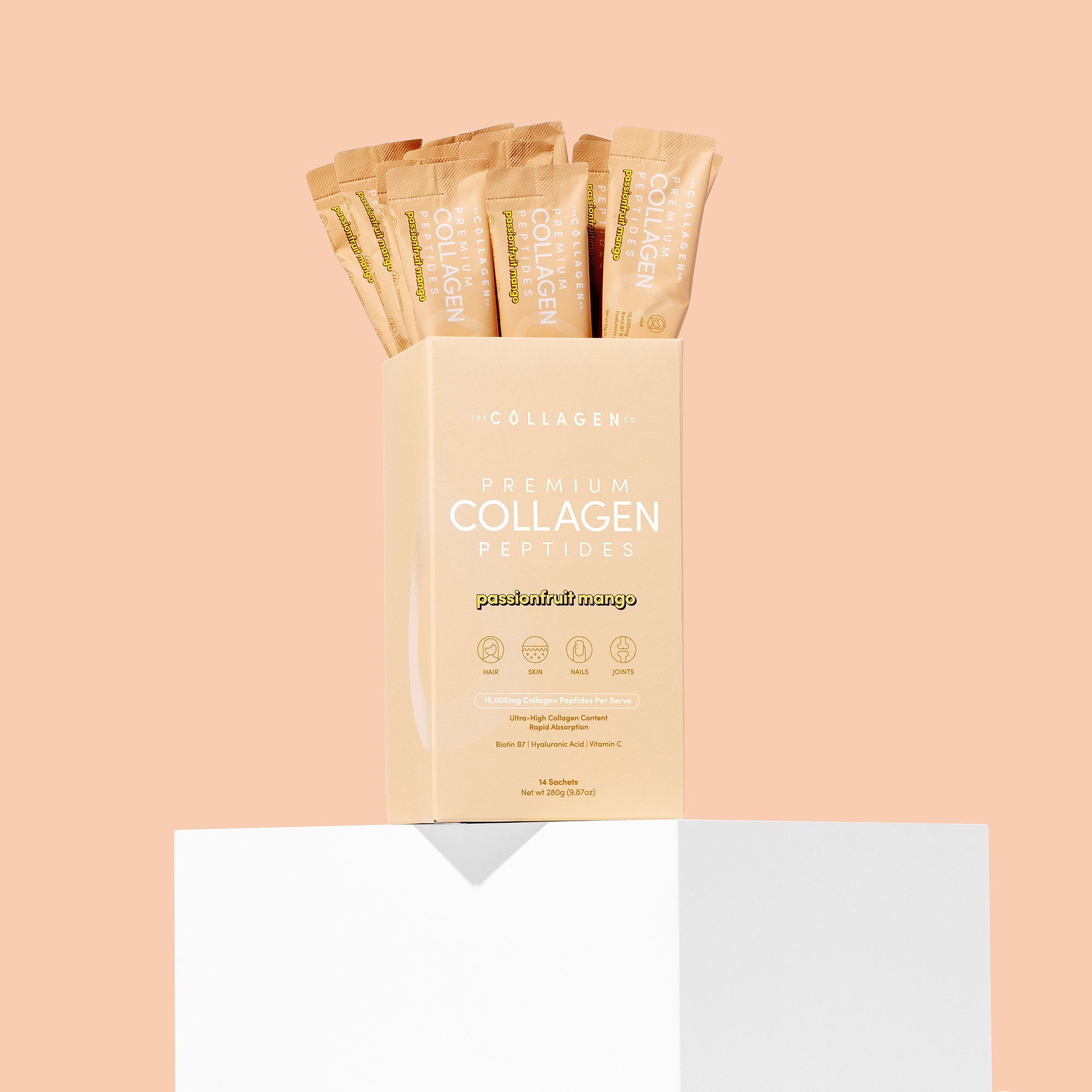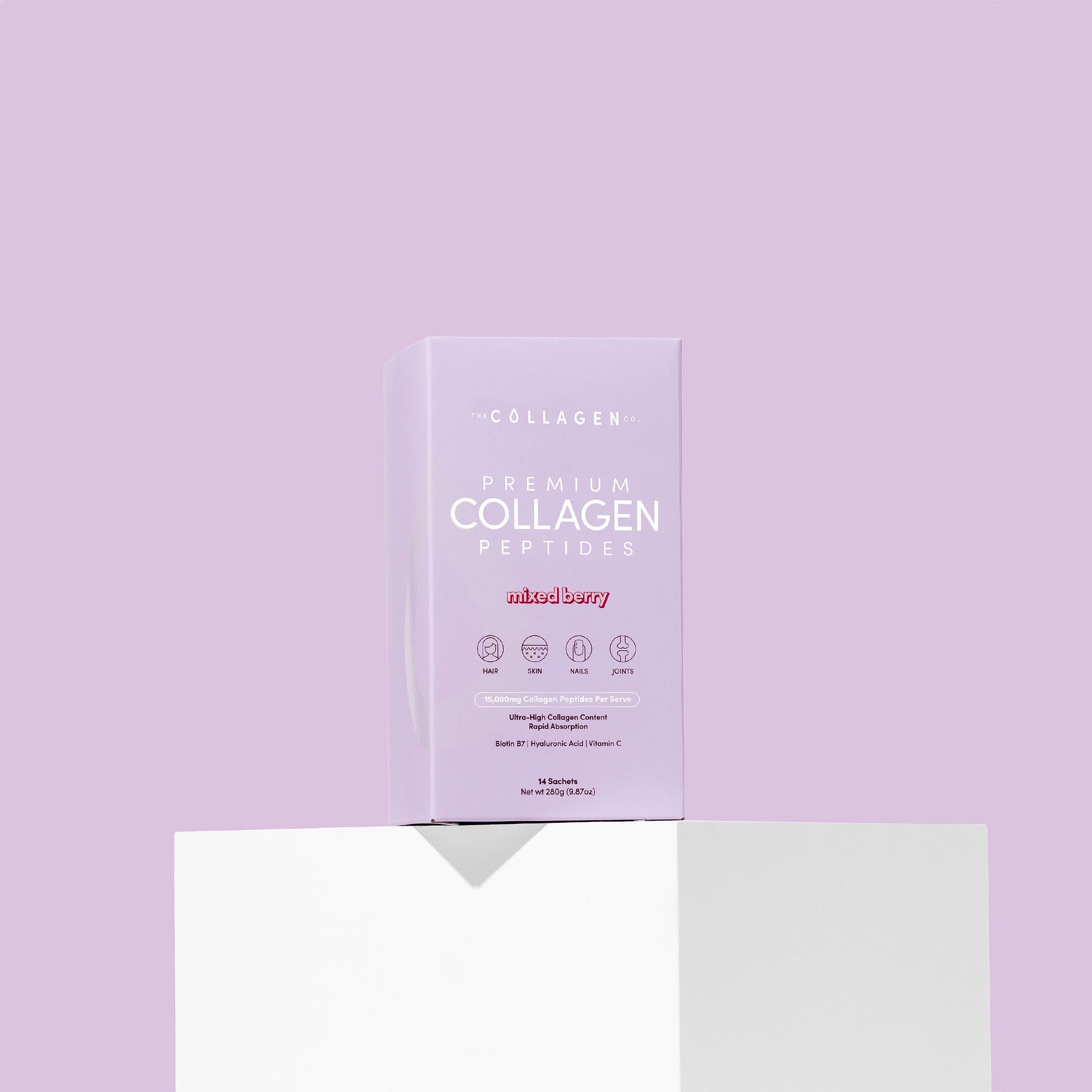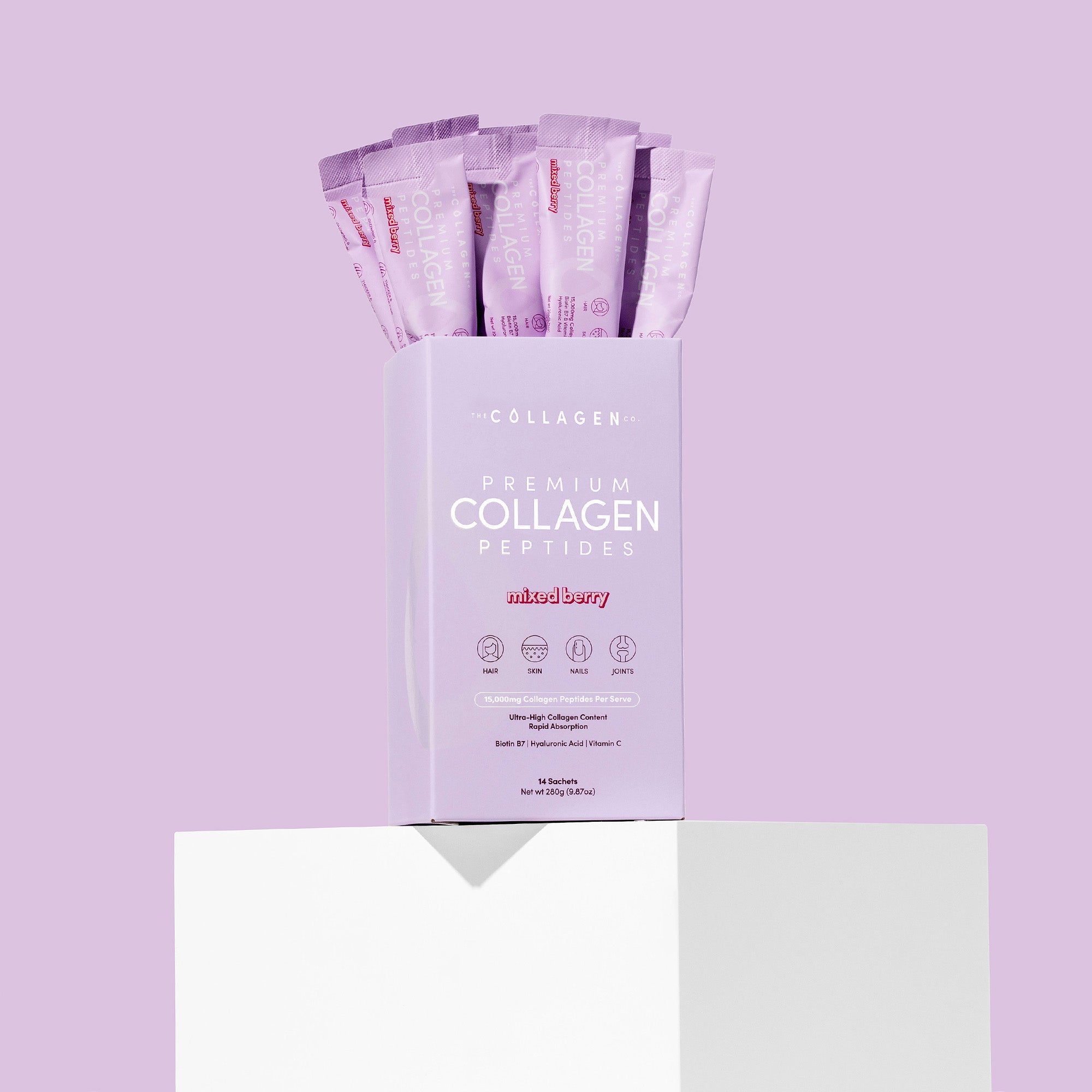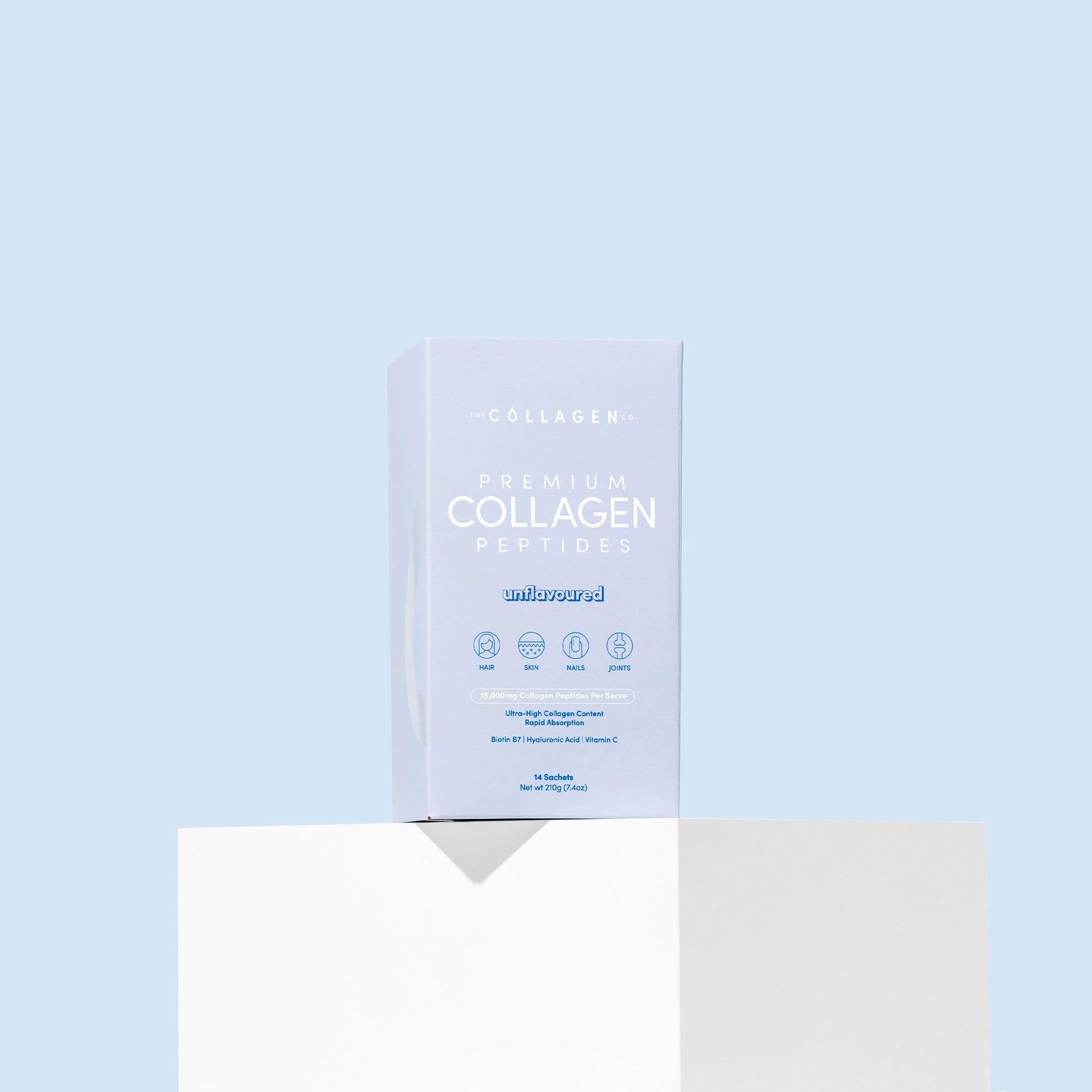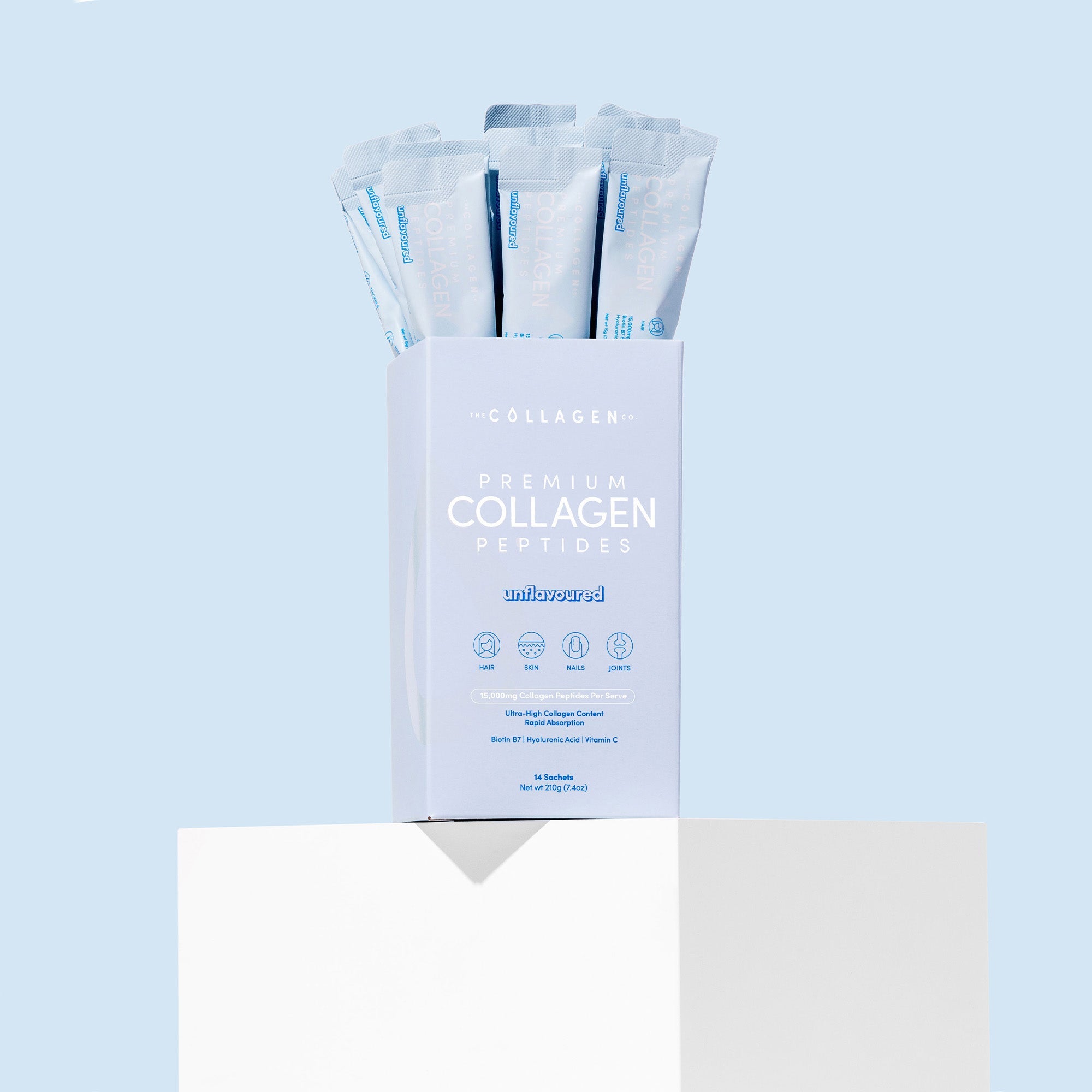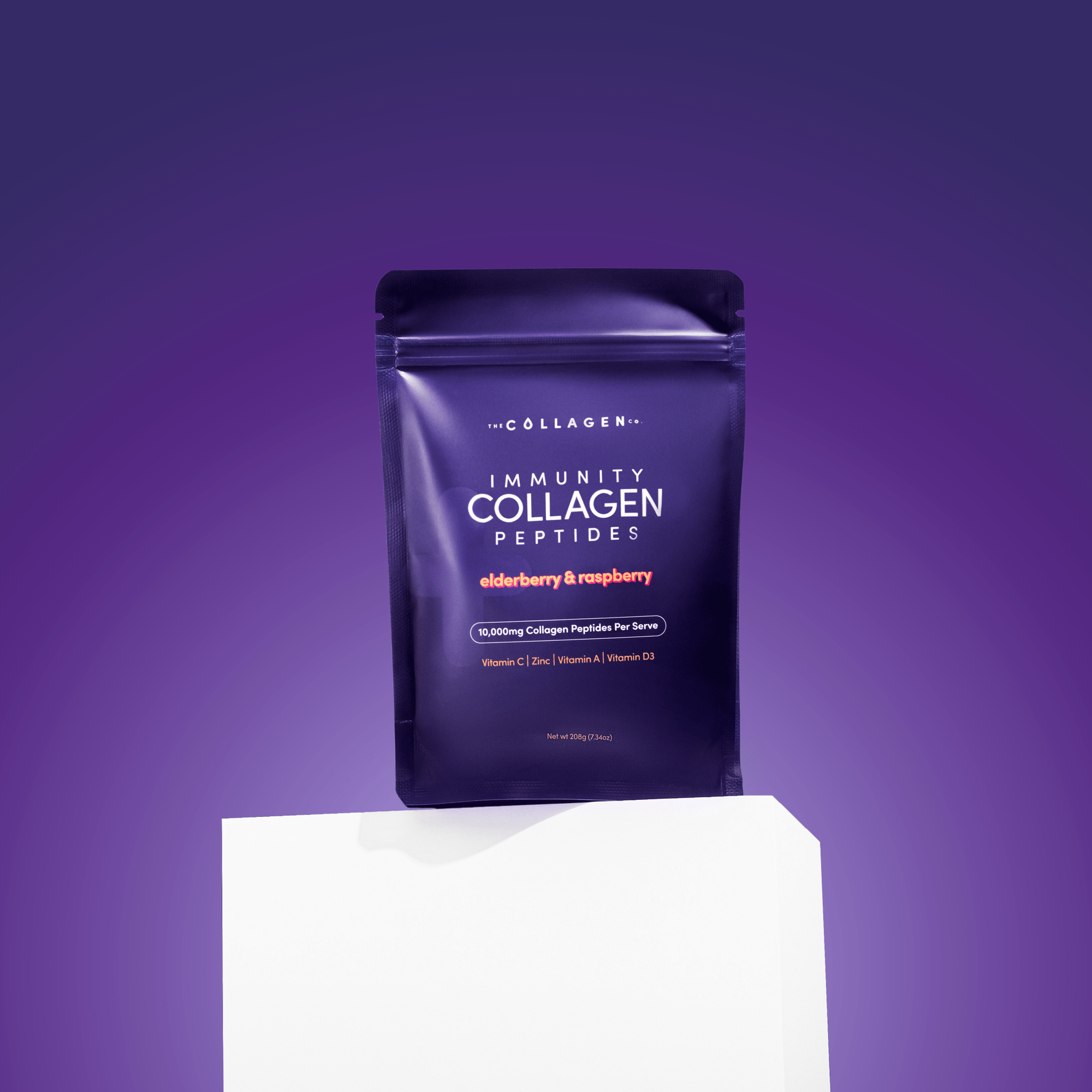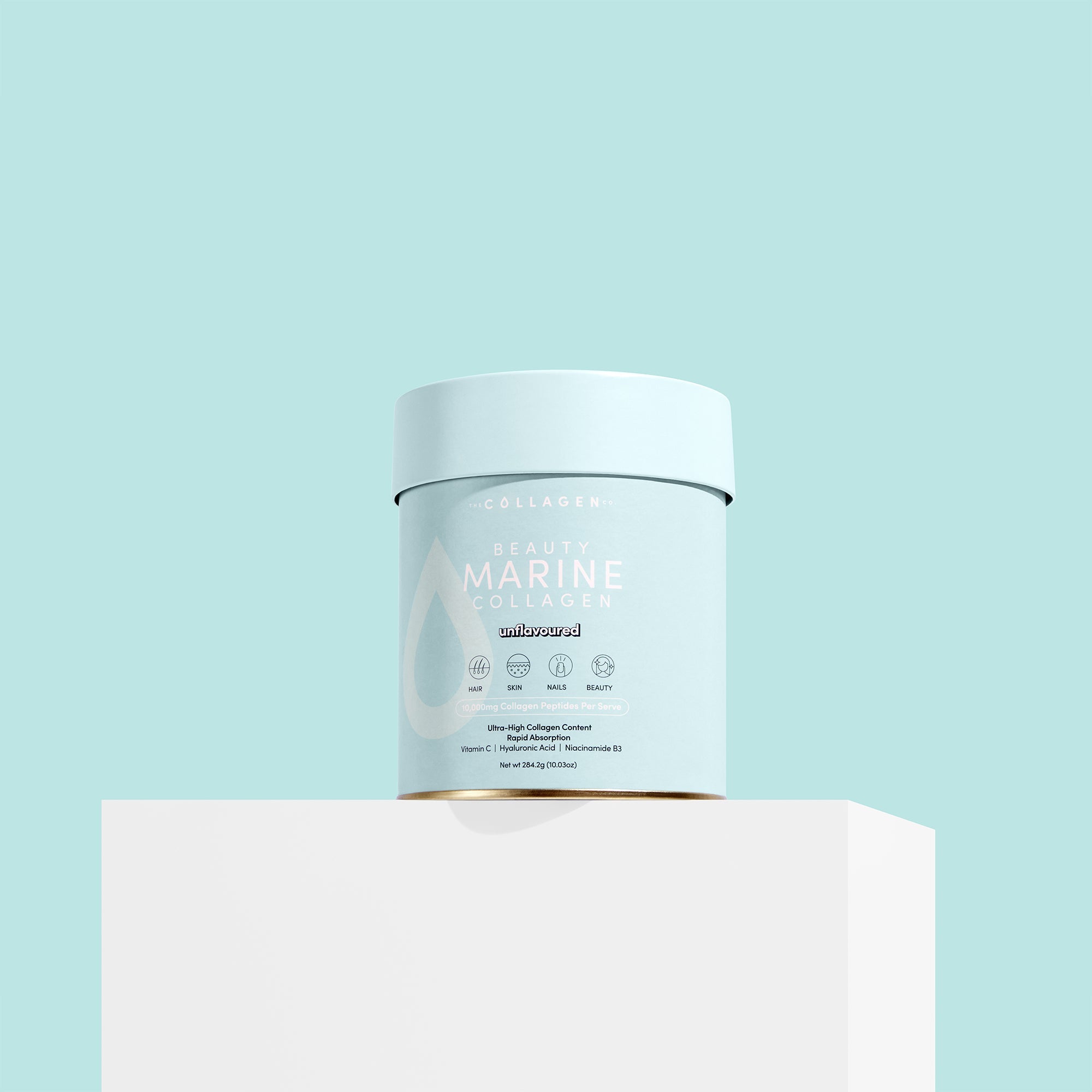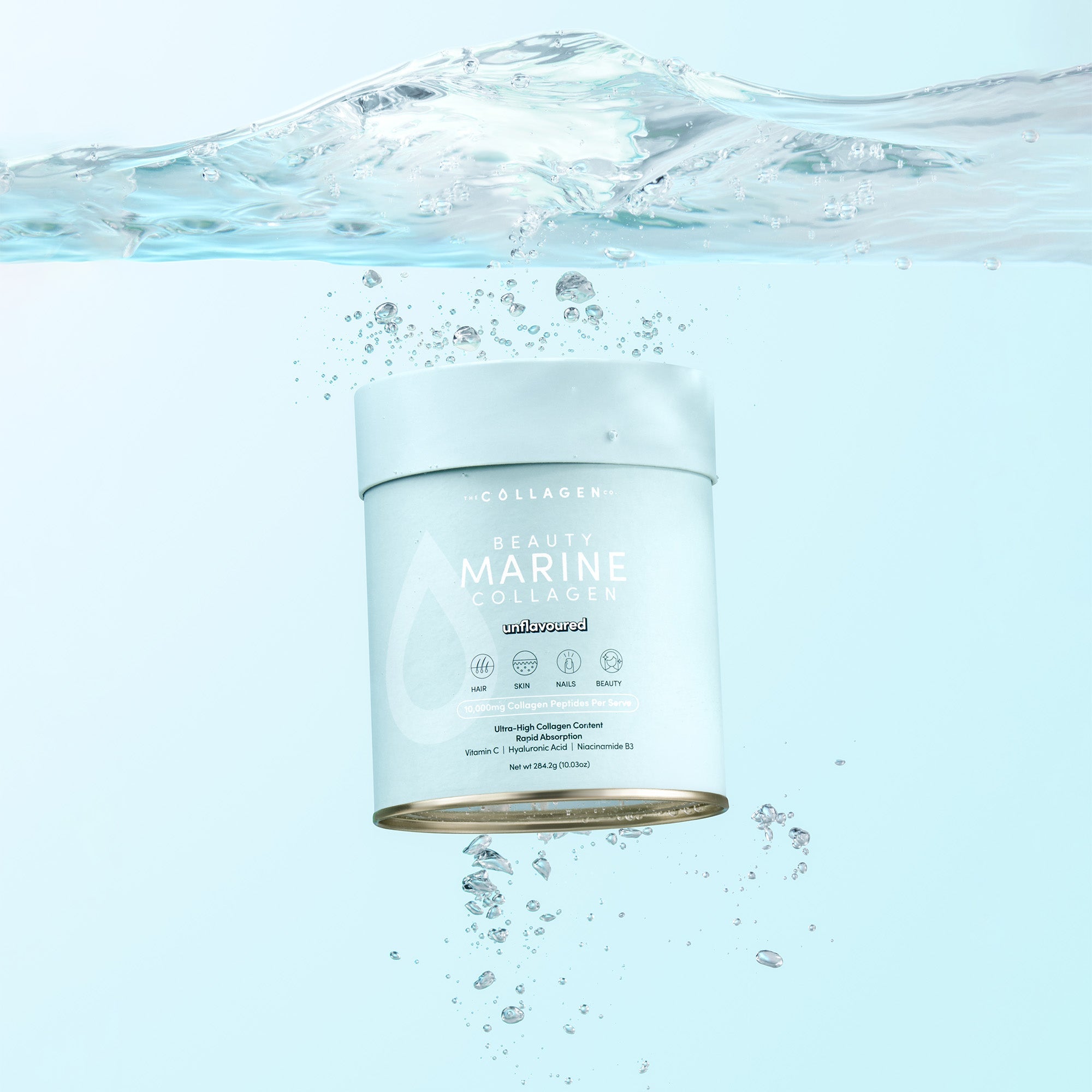4 Surprising Benefits Of Collagen For Joint & Ligament Health
Posted September 2020

Joint health is one of the easiest things to take for granted–especially when you’re still in smooth working order. But at the first sign of discomfort, you’ll quickly realise just how debilitating joint pain can be. It’ll throb, ache, and hurt. Worse of all, it'll make everyday tasks and pleasures–like lifting grocery bags, going for a slow jog, and even playing your favourite sports–seem impossible. Thus, explaining why you need to pay special attention to your joints long before they cause discomfort. Prevention is key, after all. But how do you do that? One word: collagen.
If you’re like most people, that would have surprised you. Because, undoubtedly, collagen’s reputation is that of something like a 'fountain of youth'–it keeps the skin plump, hair luscious, and nails strong. So, how does collagen relate to joint and ligament health, exactly? Let's find out.
#1 – Improves joint mobility
Just so you know, joint mobility refers simply to the range of uninhibited movement around a joint (i.e. the degree to which the joint can move before being restricted by surrounding tissues). For example, how far can you reach your hand up before your shoulder tightens up? When does your shoulder stop you when you try to reach an itchy spot on your back? Those motions are limited by your shoulder mobility.
Having a healthy range of motion in your joints is crucial–it’s what allows you to crouch down under the kitchen sink, reach up into your tallest cabinets, and maneuverer tight spaces. But worryingly, joint range of motion naturally declines as you age.
And this is where collagen (surprisingly) comes in. Collagen peptides have been proven to be effective in improving joint functionality, including flexibility and mobility. According to a 2014 study involving elderly women with knee osteoarthritis, the daily intake of collagen peptides had participants recording an improvement of 32% in joint pain, 44% in stiffness, and 22% in function. So, if you’re looking to maintain–or even improve–joint mobility? You know what to do.
#2 – Relieves joint inflammation and pain
Frustratingly, joint pain becomes increasingly common as you get older, even if you're not suffering from any chronic health conditions (e.g. rheumatoid arthritis, bursitis, or gout). Why? Well, it's all got to do with aging. Over years of usage, the water content of the cartilage–rubber-like padding that protects the ends of your bones at the joints–increases, while the protein makeup degenerates. This eventually leads to cartilage loss with continued repetitive use of the joints. Imaginably, the loss of cartilage cushion causes friction between the bones, leading to inflammation, pain, and joint mobility issues. Not fun.
So, how does collagen help with this? Well, it appears that collagen peptides can help decrease joint inflammation by lowering the production of a key inflammatory marker, Tumor Necrosis Factor (TNF)–thus, providing pain relief. And research agrees. In a 2012 study, participants who took 2 g of collagen daily for 70 days experienced a significant reduction in joint pain and were better able to engage in physical activity than those who did not.
#3 – Reduces injury recovery time
If you lead an active lifestyle, you’re probably no stranger to soft tissue injuries (i.e. the damage of muscles, ligaments, and tendons)–often resulting from excessive overuse. You're probably also well-aware of the long recovery time that lies ahead of any soft tissue injury, be it a ligament strain, sprain, or tear. There are no 2 ways around it: these injuries can take you out of your sport anywhere between 4 to 12 weeks. And that's understandably upsetting, especially if you're used to running, signing up for yoga classes, and lifting in the gym. Want to hear some good news?
Emerging evidence suggests that collagen supplementation may play a beneficial role in injury prevention and tissue repair. While the underlying mechanisms remain unclear, researchers think that collagen peptides could help increase collagen synthesis in the connective tissues and/or modulate the inflammatory response to physical activity, which helps accelerate the recovery process. What does that mean? Well, it just means that collagen supplementation could help you get back to doing what you love quicker. And who doesn’t want that?
#4 – Helps with weight loss
Experience the occasional twinge of joint pain when you go for a walk or climb the stairs? One step toward getting rid of it is to check your weight. As difficult as this may be to hear, excess weight puts added stress on joints–particularly knees, causing pain and accelerating wear-and-tear damage to the cartilage.
Even losing a few pounds can go a long way to preserving the health of your joints. For example, research shows that each pound you lose can translate to a reduction of 4 pounds of load on your knee joint. And according to a 2018 study, losing 5% or more of your body weight can have a positive effect on both knee function and treatment outcomes.
Of course, losing weight is often easier said than done. Where would you even begin? Easiest way? Collagen supplementation. That’s because, as a protein, collagen is highly satiating. This will better allow you to stick to a calorie deficit, which will ultimately be the key to you successfully shedding off weight.
According to a 2008 study assessing hunger hormones in 10 obese patients and 12 patients of normal weight, researchers found that the intake of gelatin (a substance derived from collagen) increased the satiety hormone, which helped the participants better adhere to their weight loss diets.
Want optimal joint health? Choose an efficacious collagen supplement
If you've read thus far, you must be all ready to pick out a collagen supplement to support your joint and ligament health. Hang on to your credit card for just a little longer; not all collagen supplements are created equal.
Want the most efficacious one available in the market? Good. Then choose The Collagen Co. In addition to packing 5 potent grams of type II collagen peptides that'll boost your joint health, our Premium Collagen Peptides also delivers 5 grams each of Type I and Type II peptides (that’s 15 grams of collagen peptides in 1 serving!)–ensuring that you’ll look and feel your best, from head-to-toe. Not to mention, it also contains 80 mg of vitamin C, which is essential for natural collagen production; time for a scoop!

